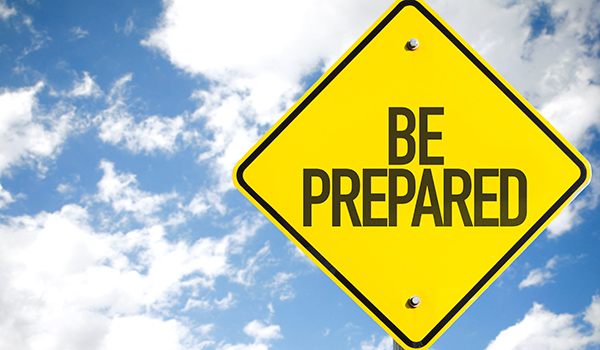
Nobody ever wishes for a disaster of any scale; let alone one that affects the nation. However, over the last two decades, it has become apparent that everyone has a role to play when it comes to preparing for national disasters. As a workplace that depends on human potential to thrive, it is more important than ever to have resources in place that educate and prepare employees for disasters.
These resources will also be helpful before, during and after the event.
In this post, we will discuss the various tools you can put in place to prepare employees for disasters as a workplace.
Disaster preparedness education
Educating employees on how to prepare for a disaster is one of the best ways to prepare for one. This education could include subjects like:
- Active shooter scenarios
- How to create an escape/evacuation plan for your family in case of a fire, earthquake, flood or hurricane.
- How to put together an emergency kit/box that contains food, water, a source of light etc before a disaster happens
- Where they can expect to receive alerts or warnings when a disaster happens
- Where to go for help
- What they can do for their loved ones with special needs or those who are elders during this time
- What types of insurance they need to have in case of a disaster so they don’t lose all that they have.
- Pet preparedness
This is a short-list but as you can already see, these are the things that everyone should be prepared for.
Mental health support
A national disaster takes a toll on people in ways that are unimaginable. For some people, a disaster is the trigger for life-long PTSD and anxiety disorders.
If your company can afford it, you might find it useful to have a mental health counselor on site to help employees. Even if your company cannot afford this resource, it is helpful if you can point to mental health resources that are available to them through their health insurance and the community.
Stress and anxiety after a disaster are real and can affect productivity. Thus, pointing distraught employees in the right direction will serve you well as an employer.
Special provision for special situations
For families that have a member with special needs, for instance, they might need a little bit more time after a disaster before they can return to work. The same may happen for an employee with elderly family members.
Whatever the case is, supporting these employees with special situations will go a long way to creating loyal employees.
Apart from preparing staff for their own personal benefit, it is also important that workplaces have written policies that tell people what to do if they are on the worksite when a disaster happens.
For instance:
- Which employees need to shut down machinery and equipment once a warning first goes out for a disaster?
- Do you have an escape and evacuation plan for staff? Every state may have different specifications. Ideally, everyone at work needs to know the escape plan in such an instance.
- The escape plan needs to include accounting for every member of a team once they have escaped to the “safe area”.
- Employees should know where emergency first-aid kits are in case a team member is hurt.
- Fire extinguisher training is important for any workplace. Your local fire department will be available to provide such training.
Disasters never call ahead. But we can be prepared for them. If you don’t have a disaster preparedness plan in place, this post is your primer for what you will need to start one in your workplace.
Was this post useful? Consider sharing it with someone else.

